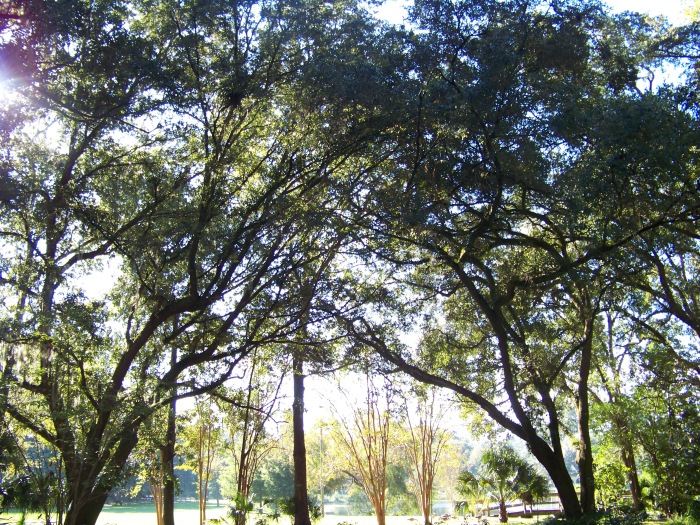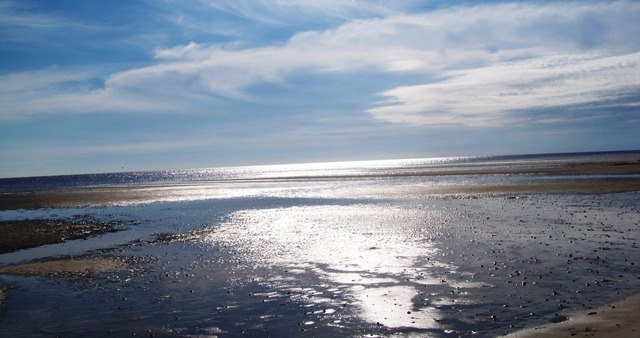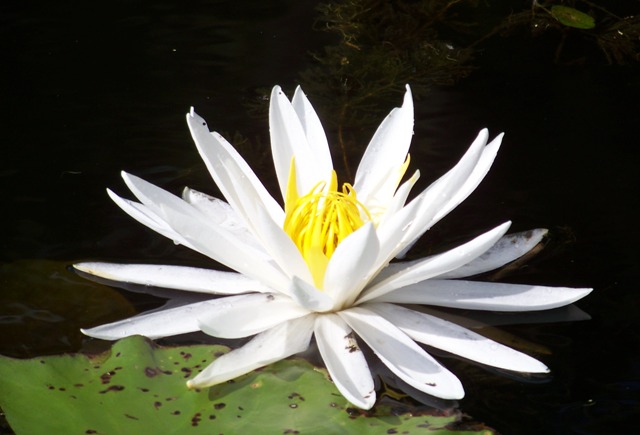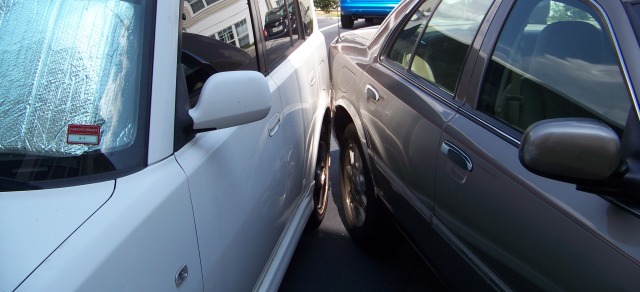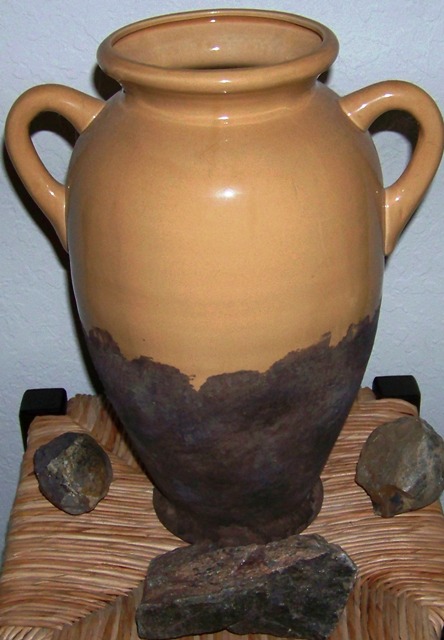A murderer lives in my apartment complex and has for the last eight years.
Marie stomped her 82-year-old mother to death, after throwing her down the stairs. Marie then encircled her mother’s body with all the things they had fought about: the gas money purse, the television set, various foods, mentholated rub. It would take some days to find both mother and daughter.
No one in our apartment complex knew about Marie’s past until recently, when she fell in love, so much so she told her beloved what happened just over 15 years ago. Predictably, he dumped Marie and then told everyone else in the complex that they could find Marie’s story online. He and a new girlfriend moved away.
The story of Marie falling in love with a man who leaves her for another is a repeat scenario, although this time there was no child that had to be given up for adoption, but falling in love seems to be the catalyst for Marie to stop taking her bipolar medication and to begin grasping at whatever story will give her oxygen: she was raped, she wasn’t raped; she’s a danger to others, she’s not a danger to others; she loves everyone, she doesn’t love anyone.
“I’m not a danger to myself or others but I guess I am” is what Marie told the judge at the sentencing hearing for her mother’s murder. Marie is and is not a danger, often simultaneously, a reality whose boundaries only she can perceive. The rest of us draw different lines in the sand that she crosses almost daily.
We call the police, record and video her outbursts and send them to the apartment complex managers but mostly, we wait until she injures herself or somebody else as she systematically destroys her own apartment.
Every day is pretty much the same with Marie. Sometimes the police come, sometimes not, and other times it’s the sheriff, whoever draws the short straw is what it feels like. “I’ll f**cking kill her (or you)” is a favorite rant as Marie asks for money or to borrow a phone that she will never return.
She is being evicted and sometimes she knows this but mostly she just tells us “this is “MY f*cking neighborhood.” We really are all she has but we don’t want her, and she doesn’t want us, either, yet we all need a place to live.
Because she’s leaving, Marie gifts her neighbors with used deodorant, perfume or dead batteries, delicately placed on the tiny shelves beneath the message blackboards outside resident apartment doors. It’s not that she’s not crying for help or that we don’t hear her. A torn window screen hangs from one of the window panels of her second story apartment, like a flag that just can’t catch a breeze.
About every four or five days, she is taken to a mental health facility where she is held for 72 hours and then released. Her own father and his wife, now in their late 80s, are so scared of her they sold their house and moved into an assisted living facility. They don’t want to be beaten to death during a psychotic outburst, and they no longer know how to help her.
With me, Marie keeps her distance. She waves whenever I drive into or out of the parking lot. I suspect she knows that eight years ago I figured out her story, when I was thinking about putting together a writers group. Marie was rather excited about it and told me her psychiatrist was, too. There are many solid reasons I never started that writing group, but it would be a lie to say that Marie was not the major one.
Eight years ago the story of Marie was more prominent on Google with pictures of the family home and sidebar stories about her activist mother. It was a tragedy, the headline read, and it still is but this time—so far—no one has died. We have two weeks until Marie leaves us for nowhere and anywhere. In either direction lies homelessness.
We do the best we can with who we are in any given moment, which doesn’t mean we choose right or wrong, even when either is evident. Life is not that clear cut, and there are always consequences. Choices are not words alone but actions, too; together, the best and worst in us.
UPDATE 4/13/21: Marie was evicted effective April 2 but not before there was a small fire in her apartment, perhaps accidentally started, perhaps not. Nonetheless, that was the last access Marie had to her apartment. In the waning hours of April 1, she sat outside her apartment, leaning against the door of what had been home for eight years. I don’t know how long she stayed, only that she is gone to the streets, maybe jail, possibly the mental health center but she can’t come home anymore.











